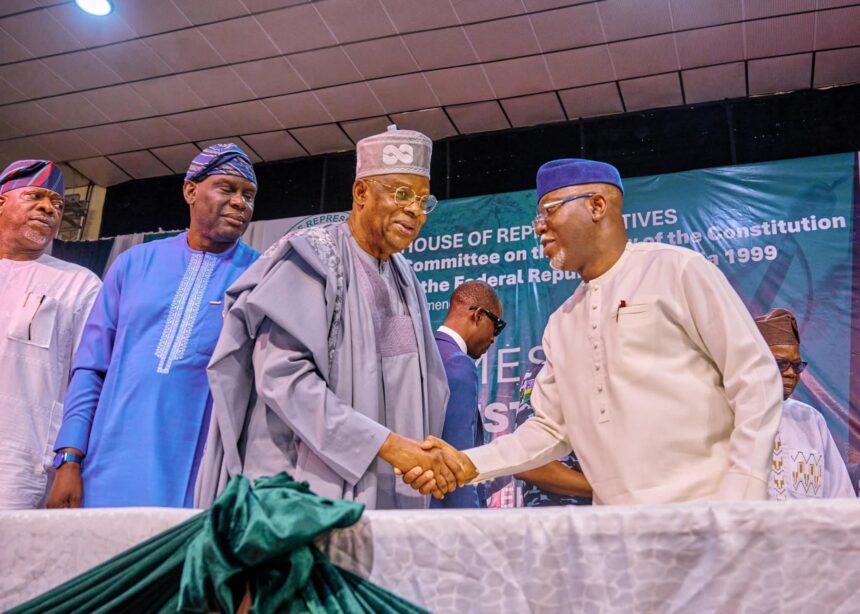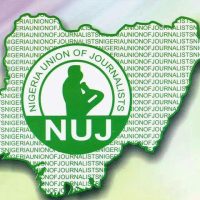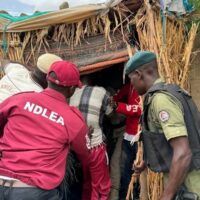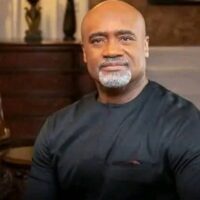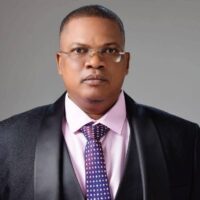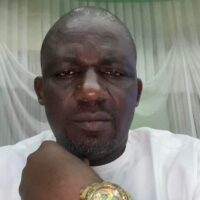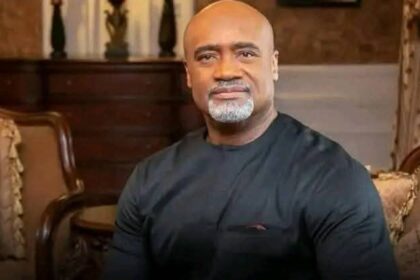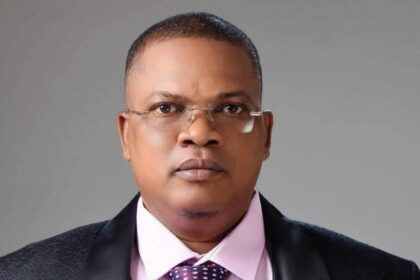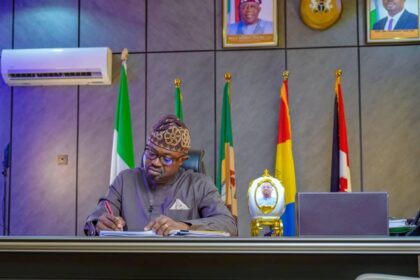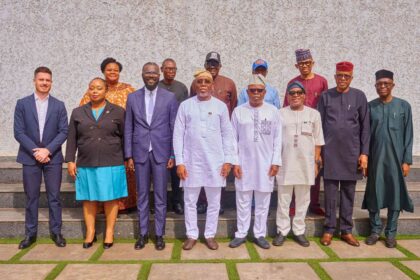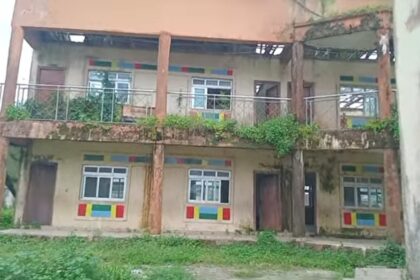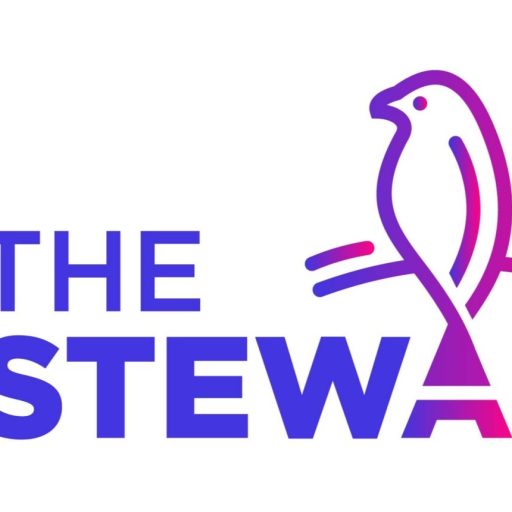Ondo State Governor, Dr. Lucky Orimisan Aiyedatiwa, has declared the state’s full alignment with the progressive demands of the South-West region for true federalism, fiscal restructuring, state policing, and resource control, as part of the ongoing review of the 1999 Constitution.
Speaking at the South-West Centre B Public Hearing organized by the House of Representatives Committee on Constitutional Review on Friday, July 18, 2025, in Akure, Governor Aiyedatiwa emphasized that meaningful constitutional reform must reflect the socio-economic realities of the people.
The Governor stressed the need to restructure the existing revenue-sharing formula, proposing that states should control their resources and remit 40% to the Federal Government, rather than the current arrangement, which he described as “skewed in favour of the centre.”
He also advocated for the creation of state police to address Nigeria’s rising internal security challenges, citing the success of the Amotekun Corps as evidence of the effectiveness of localized security systems.
Additionally, Governor Aiyedatiwa called for mineral resource control to be removed from the Exclusive Legislative List and placed under the Concurrent or Residual List, allowing states to manage their mineral wealth without federal bottlenecks.
Highlighting local governance, he demanded that the 33 Local Council Development Areas (LCDAs) created in Ondo State be officially recognized in the First Schedule of the Constitution.
The Governor rejected any constitutional amendment that would cede territory from Ondo to create a new state, while affirming support for the creation of new states based on fairness and equity.
Stakeholders from Ekiti and Osun States, including government representatives, traditional rulers, civil society groups, and women organizations, also presented far-reaching proposals, all aimed at addressing structural imbalances and strengthening Nigeria’s democracy.
Governor Aiyedatiwa concluded by affirming Ondo State’s readiness to collaborate with the National Assembly and other stakeholders to produce a more just, inclusive, and functional Constitution for all Nigerians.

